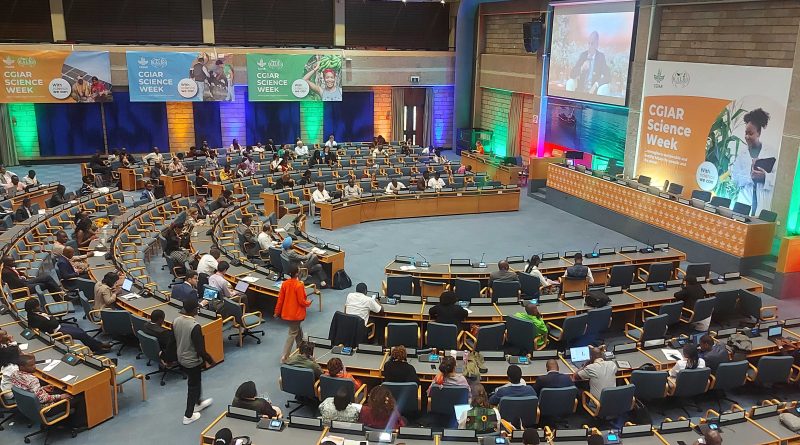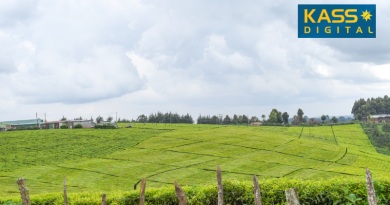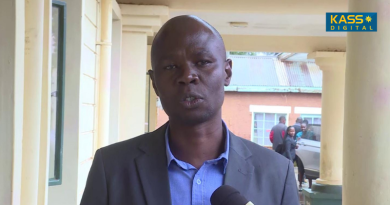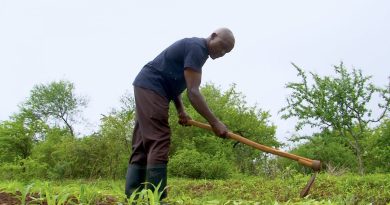Women at the Center of Change: New CGIAR Program Aims to Transform Animal and Aquatic Food Systems
Carolyne Tomno
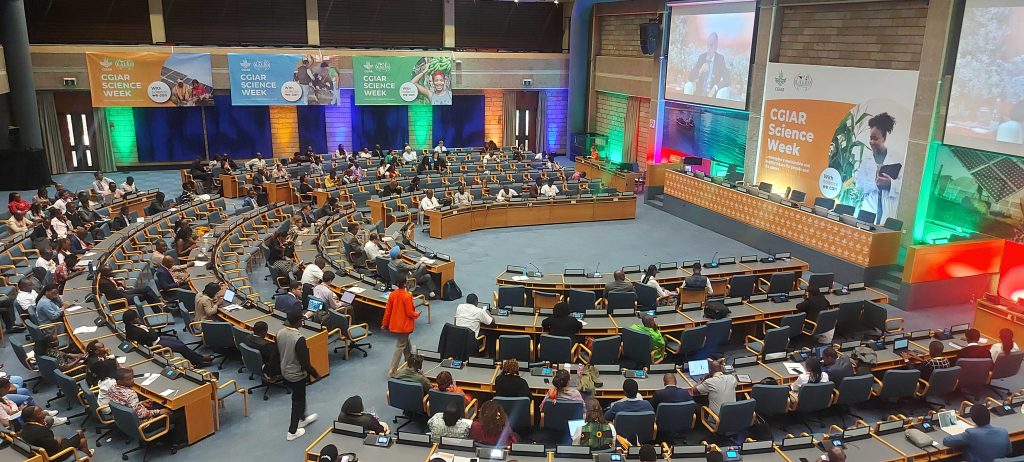
Nairobi, Kenya — Women must be at the forefront of transforming sustainable animal and
aquatic food systems, according to Rodrigue Yossa, Interim Director of the CGIAR Sustainable
Animal and Aquatic Foods (SAAF) Science Program.
Speaking during the official launch of the SAAF program, Yossa emphasized the critical need for inclusive development, particularly
empowering women and youth across Africa, Asia, the Pacific, and South America.
The six-year SAAF strategy (2025–2030), part of the CGIAR research portfolio, aims to improve
the livelihoods of people working in animal and aquatic food production systems through
inclusive, climate-resilient, and science-driven transformation.
“It is important for us to empower women as we implement this program,” Yossa said. “We want
them involved not just as beneficiaries but as co-designers and leaders in the implementation of
core activities.”
A Holistic Approach to Sustainable Food Systems
SAAF focuses on six interconnected areas:
• Productivity and innovation
• Climate and environment
• One Health (linking human, animal, and ecosystem health)
• Market systems and policy
• Gender and social inclusion
•
• Digital solutions for data-driven decision-making
The program brings together several CGIAR centers—including WorldFish, ILRI, Bioversity
International and CIAT, ICARDA, IWMI, and IFPRI—and will prioritize South-South
knowledge exchange, capacity building for researchers, and stronger collaboration with
policymakers and financial partners.
A core area of focus is developing climate-resilient practices to help communities adapt to the
changing climate while promoting sustainable food production for future generations. “In Africa,
animal and aquatic food production is growing rapidly. We must ensure it grows sustainably for
the benefit of future generations,” Yossa added.
Real Impact on the Ground
Farmers like Oliver Simwa, a dairy farmer and program beneficiary in Kenya, are already seeing the benefits.
Simwa,has increased his milk production significantly through training provided by International Livestock Research Insitute {ILRI}.
“Climate change has been the biggest challenge,” Simwa shared. “Diseases like mastitis from poor hygiene are hurting production.
But with training and support, we are adopting better feeding and management practices.
Technology is key, and farmers must work with scientists to adopt innovations that work.”
Inclusive Innovation and Stakeholder Collaboration
CIGAR Managing Director, Ismahane Elouafi, emphasized the importance of multi-stakeholder
collaboration in achieving the program’s goals.
Lucy Ombungu, Director of Fisheries at Kenya’s State Department for the Blue Economy and
Fisheries, echoed this, saying:“Innovations must be made accessible to small-scale farmers.
That’s how we’ll boost production and tackle the persistent challenges they face.”
As the world grapples with climate change and food insecurity, the SAAF program offers a bold,
inclusive roadmap—one where women, youth, and marginalized communities play a leading role
in shaping a more resilient and sustainable future for global food systems.

